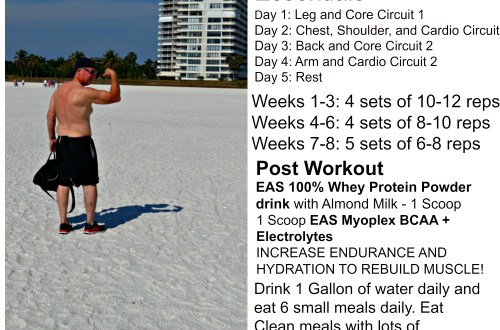
Photo by Unsplash
Everyone knows that our sleep is vital to our health and well-being.
If you aren’t regularly keeping up with seven to nine hours of sleep each night, you’ll put yourself at risk of feeling the painful effects of sleep deprivation. While the immediate effects you’ll notice may seem harmless, eventually sleep deprivation could ultimately shorten your life.
But the quantity of your sleep isn’t the only thing that’s important. Even if you’re clocking in eight hours of sleep each night, it’s worthless if you aren’t experiencing a good quality of sleep.
If you wake up each morning feeling like you hardly slept, have pains and aches, or still feel tired, you aren’t achieving the best quality of sleep. To get to the bottom of the problem, you’ll need to evaluate your sleeping habits and find out if they could be interfering with your sleep and ultimately harming your health.
Tech usage in the evenings
If you spend your evenings scrolling through your phone or binge-watching your favorite series, you’ll probably have a hard time falling asleep at night. The reason? Blue light.
The technologies that consume our lives emit stimulating blue light which essentially tells our brain we aren’t ready to go to sleep. When you’re exposed to blue light, your body gets the signal to stop production of melatonin, the hormone that makes you sleepy.
Instead of staying around screens all evening, try reading a book or doing other non-digital activities in the last one to two hours before your bedtime.
Sleeping on an old bed
Do you spend your nights tossing and turning? The culprit may be an old mattress.
After around 10 years, your mattress loses all of the qualities that once attracted you to it. The innerspring coils or memory foam making up your bed will become compressed with time and you’ll end up sleeping on a lumpy, saggy bed.
Even if you can’t tell by sight, your mattress may be beyond its lifespan. End your sleepless nights of discomfort by upgrading to a new bed you can actually get cozy in.
Sleeping in a bad position
You may not realize it, but the position you sleep in could be ruining your sleep.
If you’re a stomach sleeper, you should start actively working to change your habits. This is the worst position to sleep in as it puts a ton of pressure on your lower back with your head lifted on a pillow. It can also cause strain in your neck seeing as you’ll have to have your head turned completely to the side to breathe at night.
Side sleeping isn’t much better. When you sleep on your side, your body weight isn’t distributed evenly and you’re likely to experience pain in the pressure points of your hips, shoulders, and knees.
For more comfortable sleep, try to convert to being a back sleeper. When you’re on your back, your body weight is more evenly distributed and your spine is in a more natural position to prevent morning aches and soreness.
Harmful sleep environments
If your bedroom isn’t optimized for your best sleep, you may be experiencing nighttime interruptions from light pollution, sound, or temperature. Here’s how to eliminate each of those issues:
- Light Pollution: Block out light pollution by hanging up blackout curtains. If you fear you won’t be able to wake up in the morning without natural sunlight, try out a wakeup light which mimics the natural rising of the sun in the morning.
- Sound: If loud noise disrupts you in the night, try using white noise or another sound machine. A white noise machine creates a background noise that can help mask loud, immediate noises that are likely to wake you up.
- Temperature: Nobody wants to sweat in their sheets. If you’re too hot in the night, try turning down your A/C, turning on a fan, or investing in more breathable bedding products.
By taking the measures to investigate any potential harmful habits that could be worsening your sleep, you’ll be able to improve your ZZZs and wake up feeling healthy and well-rested each morning.
Author’s bio: Laurie Larson is a freelance writer based in NC. She writes to help people live a healthier and happier life.


